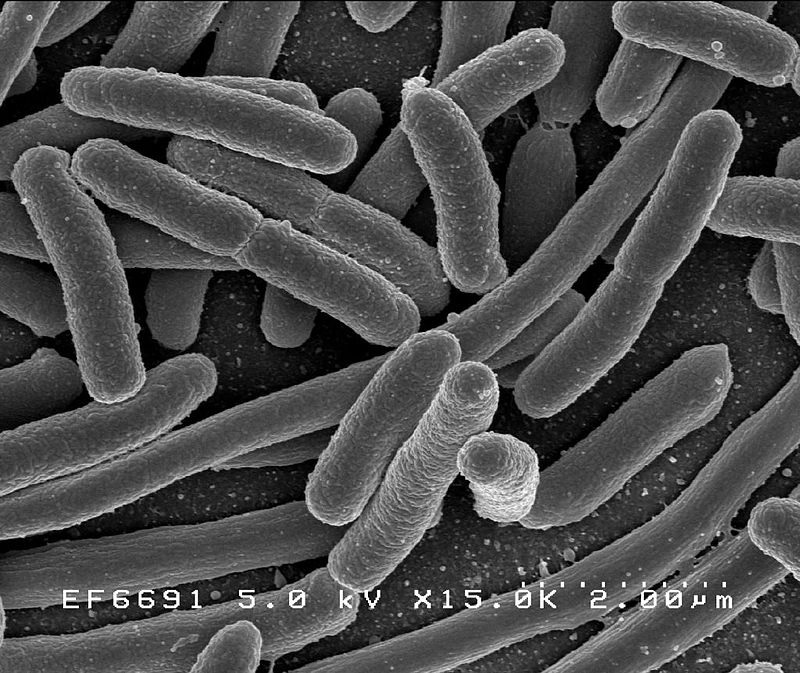Zack Eswine, in his seminal book Spurgeon’s Sorrows, nails it when he explains why Christians often deal with an added layer of depression: “It is hard enough to get through the day without adding the displeasure of God to the trauma that already trounces us.”
And of course, since depression steers us on the course to pessimism in every aspect of our life, guess how we’re probably going to think of our relationship with God?
*****************************************************************************************************************************
“Religion offers both a challenge and a help to those who suffer mental disorders. This challenge surfaces when preachers assume that depression is always and only a sin. They pour gasoline on the fire and wonder why it rages rather than calms those they try to help.
….At its core, spiritual depression concerns real or imagined desertions by God. We feel in our senses that he is angry with us, or we have done something to forfeit his love, or he has toyed with us and left us on a whim. Either way, he exists for others but not for us.”
….Suffering one form of depression makes the addition of others harder to bear….if someone struggles already with biological or circumstantial depression, they are more vulnerable to spiritual sorrows. It is hard enough to get thru the day without adding the displeasure of God to the trauma that already trounces us.”
*****************************************************************************************************************************
Exactly.
And that’s why it’s absolutely vital to discuss the medical components of depression, which is why this site devotes so much time to it.
If, for example, your gut bacteria leads to chronic inflammation that extends to the brain and contributes to depression — that’s not God abandoning you! That’s not sin. That’s gut bacteria.
Here’s a big picture of gut bacteria.

That’s not a picture of God, turning his face from you.
And here’s an excellent study on the gut-brain axis that’s associated with anxiety and depression.
The church needs to understand this, I need to internalize it, perhaps you already believe it and need to internalize it, as well.
It can save physical lives, mental lives, it can revive our spiritual lives.
Of course, it’s vital we keep tabs on our relationship with God, but for mental health issues, the first thing to do is follow our medicinal therapy, exercise, form social support, go to therapy.
All those things that have been proven to help reduce depressive symptoms.
Our spirituality will always be a component of our mental health, but as Eswine notes, for Christians, it can go both ways.
Christianity can be of particular help because, well, you know because. It’s our great hope. It’s the thing that lives and moves in us more than anything.
But if we have a medical condition and impute its symptoms onto God’s character, well that’s a really tough challenge to handle.
I’ll end with one of my favorite quotes from Brennan Manning: “God doesn’t just love you. He likes you.”
Do you believe that? Jesus calls us his friends. People like their friends. Even better, God calls us his children.
So if you feel some kind of oppressive, inexplicable depression, remember this picture of gut bacteria.
If you consider the implications, then you might look at it as something beautiful as a Cezanne. Or maybe not.


